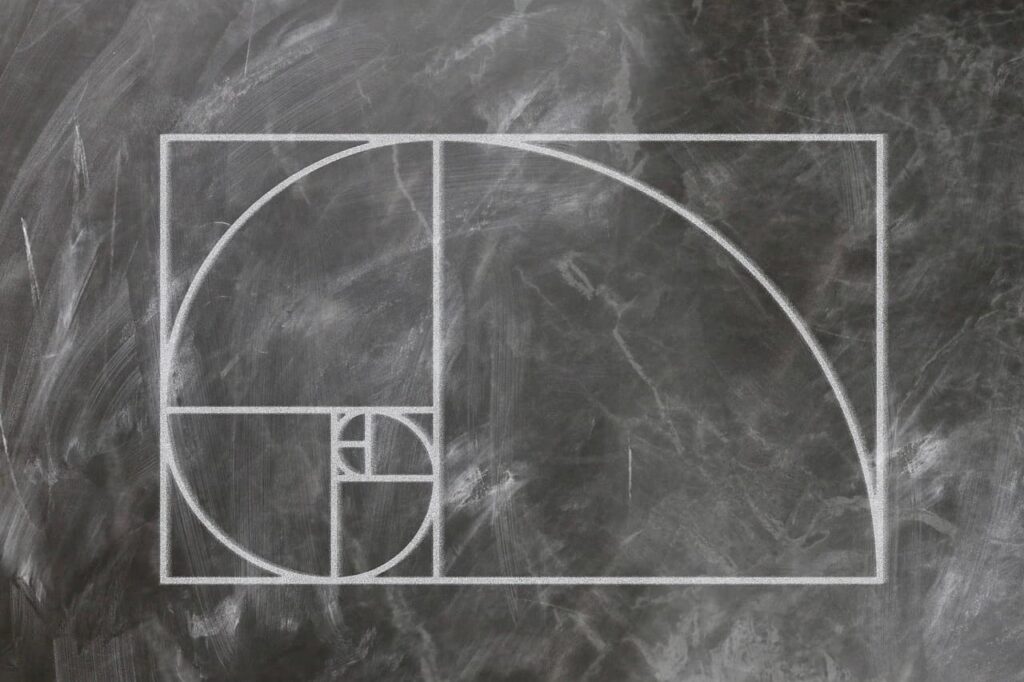Stepping into a casino is like entering a world of calculated risk and chance, where the thrill of winning is often accompanied by the uncertainty of luck. However, beneath the glitzy facade of slot machines and card tables lies a realm governed by mathematical principles. In this article, we’ll delve into the intriguing world of mathematical calculations employed by enthusiasts and experts alike, aiming to decode the secrets behind successful casino strategies.
The Odds and Probabilities: The Foundation of Casino Mathematics
The essence of developing a successful strategy is to understand the probability of a certain outcome. Let’s take a look at dice rolling, the quintessential casino game. Each roll is not just a moment of chance but a scenario shaped by probability. Experienced players delve into the mathematics of craps, understanding the different combinations that can lead to victory or defeat. It’s a careful calculation, a strategic assessment of potential outcomes that turns what might seem like pure luck into a calculated bet. A savvy gambler is not influenced by the flickering lights or the jingle of slot machines, but instead is absorbed in math. However, the point is not to guarantee a win with every bet, but to maximize the chances of success over time. Probability theory transforms a casino game from a blind gamble to a strategic one, where every decision is based on a subtle understanding of the mathematical forces at play.
Card Games and Strategies: Counting the Mathematical Cards
Unlike games that rely solely on chance, skilled blackjack players harness the power of mathematical strategies, and at the heart of these tactics is the mysterious art of card counting. Card counting is based on a careful observation of the composition of the deck. The idea is to turn the seemingly chaotic shuffling of cards into a calculated strategy. In this dance between the cards and the player’s intelligence, mathematics acts as a guiding force, offering a subtle but powerful advantage over the traditional house advantage. Card counting becomes not just a skill, but a testament to the profound impact of math on changing the dynamics of games.
Slot machines, seemingly driven by chance, also bow to the laws of mathematics. Behind the spinning reels lies complex algorithms that determine the machine’s payout structure. Understanding the patterns and payout frequencies involves a keen grasp of mathematical principles. Some players attempt to predict these patterns, searching for a mathematical advantage amidst the flashing lights and enticing sounds.

The Double-Edged Sword of Betting Strategies
One of the most well-known strategies in the casino world is card counting, especially popular in Blackjack. This tactic involves mentally counting the ratio of high to low cards left in the deck. Thus, players get an idea of the probability changes. There are also other strategies.
- Martingale system
This is a well-known betting strategy that seems deceptively simple. The basic principle is to double your bet after each loss in order to recoup previous losses and make a profit equal to the initial bet. Mathematically intriguing, the Martingale system is a double-edged sword. Although it can lead to a quick return on investment, it also requires a significant monetary investment, and consecutive losses can lead to significant financial setbacks.
- Passwords system
Unlike the Martingale system, the Passwords strategy uses winning streaks. In this approach, players double their bets after each victory. The idea is to use the momentum of a successful streak and maximize profits during favorable periods. However, it is important for players to set clear goals and maintain discipline to avoid potential losses during downturns.
- The Laboucher system
The Laboucher system involves creating a sequence of numbers that represent the desired profit. Players then place a bet on the sum of the first and last numbers in the sequence. If the bet wins, these numbers are crossed off the list. If the bet loses, the sum is added to the end of the sequence. The goal is to cross out all the numbers, securing the desired profit. As with any strategy, success depends on discipline and understanding of risks.
- Fibonacci system
Inspired by the Fibonacci sequence, this betting strategy involves placing bets based on the sum of two previous bets. Although it provides a structured approach to betting, success depends on understanding the limitations of the system and a disciplined approach to loss management.
Conclusion
In the world of casinos, math is both a sword and a shield for players looking to gain an edge. From understanding probabilities to implementing complex betting strategies, enthusiasts navigate the gaming landscape armed with mathematical precision.